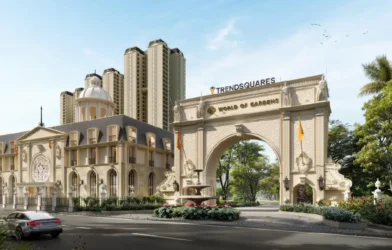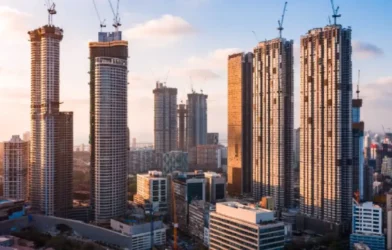Subtotal ₹0.00
The GST Council’s latest reforms have delivered a mixed bag for India’s travel and hospitality sector. A sharp cut in GST on mid and upper-mid hotel accommodation—from 12% with input tax credit to 5% without ITC—has been hailed as a major relief likely to boost domestic travel and hotel demand.
At the same time, industry stakeholders remain concerned about the loss of tax credits and unchanged tariff thresholds. On air travel, while keeping economy fares at 5% has been welcomed as pro-consumer, the hike in premium class GST to 18% has drawn criticism from global airline bodies.
The decisions taken by the GST Council in its meeting on Wednesday effectively pave the way for a broad two-slab structure of 5 per cent and 18 per cent with a demerit rate of 40 per cent rate limited to super luxury, sin, and demerit goods. Nearly all the rate changes will take effect from September 22. The objectives of the GST reforms are to lower the tax burden on common people, ease blocked working capital, and facilitate ease of doing business with automated refunds and registration process.
As per a whitepaper released by the Confederation of Indian Industry (CII) and EY, tourism and hospitality sectors contributed about 8 per cent of the total employment in India. Despite setbacks from the COVID-19 pandemic, the sector is witnessing a strong resurgence, fueled by domestic tourism, and by 2036-37 spending in this sector is projected to rise by 1.2 times, driving the need for an additional 61 lakh workers, the whitepaper said, underscoring the sector’s pivotal role in workforce expansion.
The GST Council decided to reduce the tax rate of hotel rooms priced between Rs 1,000 to Rs 7,500 per day to 5 per cent without input tax credit from 12 per cent with input tax credit. The industry had urged for a 5 per cent rate with the benefit of input tax credit, apart from raising the tariff threshold beyond Rs 7,500 per day, which was set nearly seven years ago, to up to Rs 15,000 to accommodate for inflation in this mid-market segment that accounts for the highest volumes across segments. Only one of these wish list items was approved, and that too only partly. Nevertheless, the industry’s initial reaction has been broadly positive, accompanied by a few concerns.
“This is a timely and welcome reform that will make quality stays more accessible to a wider base of Indian travellers and at the same time strengthen the country’s positioning as a high-potential tourism hub. By reducing the tax burden on mid-scale and upper mid-scale hotels, the government has unlocked new opportunities for stronger domestic travel, weekend leisure breaks, and business mobility—factors that are critical to the hospitality sector’s growth. This move reflects a deep understanding of industry dynamics and traveller aspirations, and we are confident it will accelerate momentum across the hospitality landscape while reinforcing India’s ambition of becoming one of the world’s leading travel destinations,” said Nikhil Sharma, Managing Director & Chief Operating Officer, South Asia at Radisson Hotel Group.














